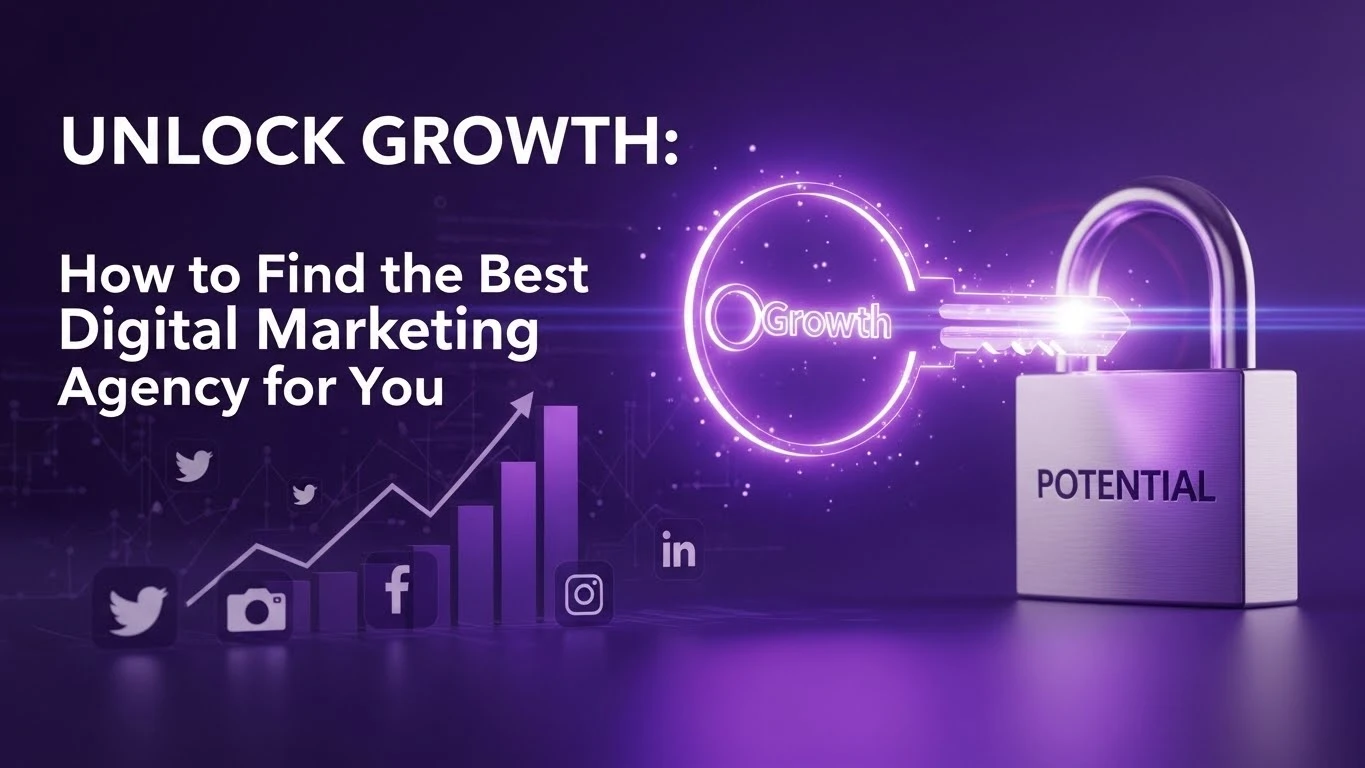Social media management has become an indispensable element of any effective marketing strategy in the current digital era. Whether you are a marketing professional, an influencer, or a small business owner, your brand’s growth and engagement can be substantially influenced by your ability to manage your social media presence effectively.
What is the definition of social media management?
Social media management entails creating, scheduling, analyzing, and engaging with content published on social media platforms such as Facebook, Instagram, Twitter, and LinkedIn. Strategically crafting content that resonates with your audience and cultivates a community around your brand is more than just publishing updates.
Critical Elements of Social Media Management
- Content Creation: Create Engaging Content. This entails creating high-quality, pertinent content that captivates your audience’s attention. It may manifest as images, videos, blog posts, or infographics.
- Curating Content: Sharing valuable content from external sources that is consistent with your brand’s message can help maintain audience engagement.
- Scheduling and Publishing: Consistency is paramount in scheduling and publishing. By consistently posting, you can keep your audience informed and engaged. Tools such as Buffer, Sprout Social can automate this process.
- Optimal Timing: Posting at the most active times of the day can considerably increase your audience engagement.
- Engagement and Community Management: Responding to Comments and Messages: By responding to their comments and messages, you can foster a loyal community by engaging with your audience.
- Hosting live sessions: Hosting live sessions and Q&As can help you achieve real-time interaction with your audience, which can help them feel appreciated and heard.
- Modifying Approaches: By analyzing the data, you can adjust your strategies to more effectively align with your audience’s preferences and requirements.
- Paid Social Media Management Strategy: Advertising: Paid advertising on social media platforms can help you expand your audience and increase the volume of traffic to your website or landing pages.
- Targeting the Appropriate Audience: By employing the targeting options provided by these platforms, you can guarantee that your advertisements are directed to the most likely to be interested in your products or services.
Advantages of Efficient Social Media Management
- Brand Awareness Enhancement: Your brand’s visibility can be substantially enhanced through consistent and strategic posting.
- Enhanced Customer Satisfaction: You can increase customer satisfaction by promptly addressing your audience’s concerns and engaging with them.
- Increased Conversion Rates: Effective social media management can increase the volume of traffic directed to your website, which in turn leads to an increase in conversion rates.
- Enhanced Brand Loyalty: Establishing a community around your brand promotes loyalty and encourages repeat business.
Social media management is a continuous and dynamic process that necessitates a profound comprehension of your audience, strategic thinking, and creativity. By effectively administering your social media presence, you can cultivate a robust brand, interact with your audience, and promote business expansion. The most important thing is to remain consistent and authentic and prioritize your audience, regardless of whether you are just beginning or seeking to refine your strategy.






